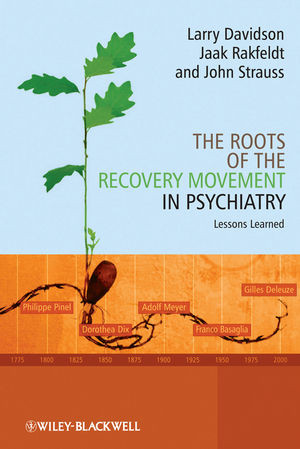

Most ebook files are in PDF format, so you can easily read them using various software such as Foxit Reader or directly on the Google Chrome browser.
Some ebook files are released by publishers in other formats such as .awz, .mobi, .epub, .fb2, etc. You may need to install specific software to read these formats on mobile/PC, such as Calibre.
Please read the tutorial at this link: https://ebookbell.com/faq
We offer FREE conversion to the popular formats you request; however, this may take some time. Therefore, right after payment, please email us, and we will try to provide the service as quickly as possible.
For some exceptional file formats or broken links (if any), please refrain from opening any disputes. Instead, email us first, and we will try to assist within a maximum of 6 hours.
EbookBell Team

5.0
50 reviewsThe book reaches beyond the usual boundaries of psychiatry to incorporate lessons from related fields, such as psychology, sociology, social welfare, philosophy, political economic theory, and civil rights. From Jane Addams and the Settlement House movement to Martin Luther King, Jr., and Gilles Deleuze, this book identifies the less well-known and less visible dimensions of the recovery concept and movement that underlie concrete clinical practice.
In addition, the authors highlight the limitations of previous efforts to reform and transform mental health practice, such as the de-institutionalization movement begun in the 1950s, in the hope that the field will not have to repeat these same mistakes. Their thoughtful analysis and valuable advice will benefit people in recovery, their loved ones, the practitioners who serve them, and society at large.
Foreword by Fred Frese, Founder of the Community and State Hospital Section of the American Psychological Association and past president of the National Mental Health Consumers' AssociationContent:
Chapter 1 Introduction (pages 1–22):
Chapter 2 FromTraitement Moral to Moral Treatment (pages 23–60):
Chapter 3 Reciprocity in Community?based Care (pages 61–98):
Chapter 4 The Everyday and Interpersonal Context of Recovery (pages 99–144):
Chapter 5 Closing the Hospital (pages 145–177):
Chapter 6 The Rights and Responsibilities of Citizenship (pages 179–206):
Chapter 7 Agency as the Basis for Transformation (pages 207–248):
Chapter 8 Conclusion (pages 249–260):